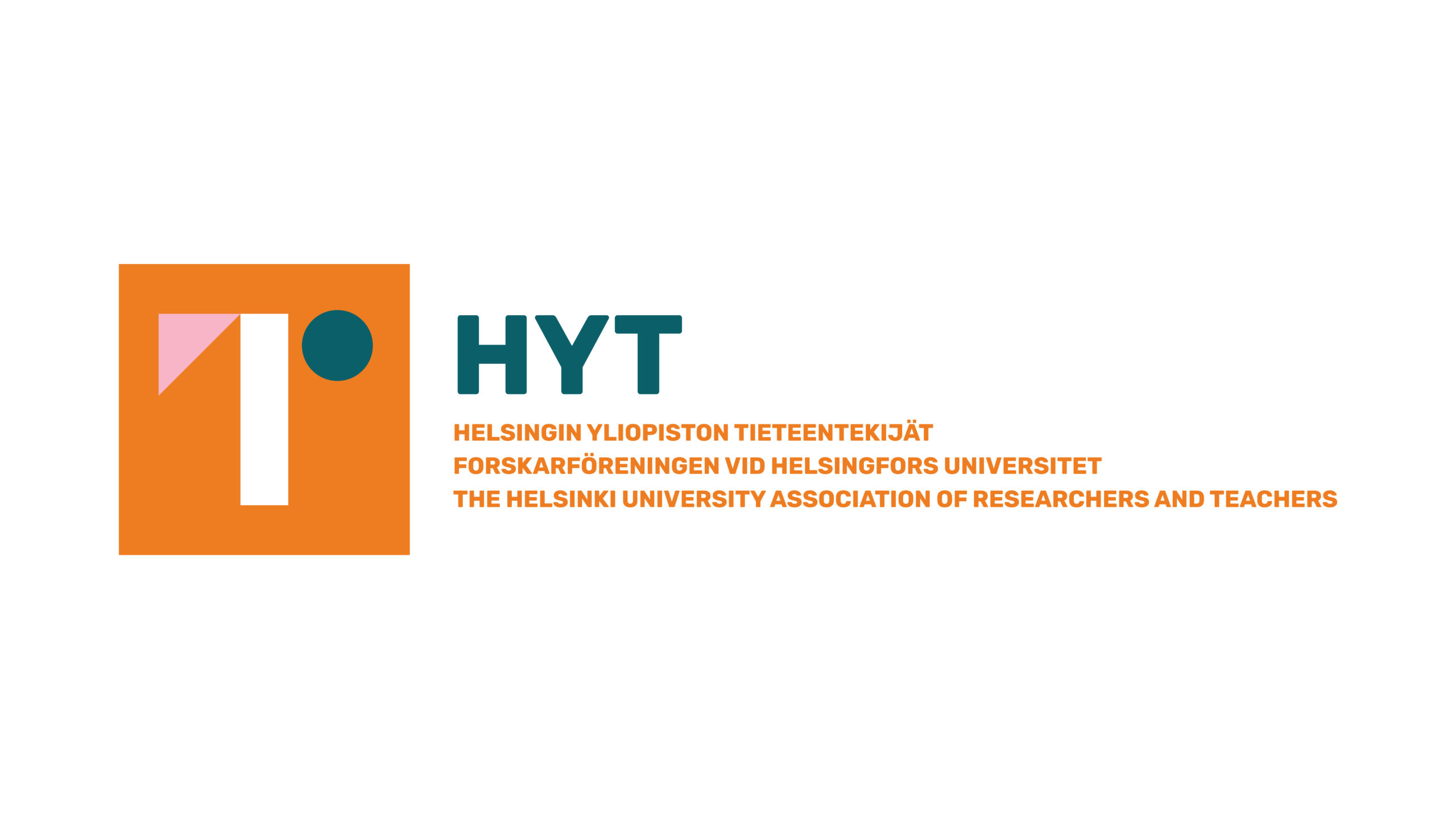The University of Helsinki is preparing a new addendum to the contracts of researchers employed in projects affiliated with the university. This would give the university parallel rights to its employees’ research data, allowing it to grant third parties access to said research materials. The university is trying to justify the new contract as something required by Open Science, while critique of the university’s plan is dismissed as selfish attachment to one’s research data, an attitude researchers ought to “get rid of”, the Vice-Rector Paula Eerola commented during a discussion event held on February 3rd, 2021.
While the fledgling debate over research data has dealt mainly with property rights and research career trajectories (see Seppo Sainio’s and Tommi Kokkonen’s extensive overview of the issues involved), we want to draw attention to the divergent requirements of data from other fields of research, in particular, in terms of research ethics. The university’s “one size fits all” model reveals a profound lack of understanding with regard to the data collected, for example, in the human sciences, where the requirements of confidentiality and trust often override all other concerns. The new contract seeks to remedy a real problem, one that research teams in some fields at times face: a team member leaves with his or her “slice” of a data set, which, especially in the exact sciences, can seriously handicap the rest of the team.
The ethical problems are particularly visible in disciplines such as socio-cultural anthropology, whose methods – ethnography and in-depth fieldwork – typically require long-term trust between researchers and the people they work with. Ethnographers often maintain highly personal relationships with their interlocutors, built over long-term interaction and founded on mutual respect. Such relationships are created through active involvement in the lives of the people the researcher seeks to understand. Ethnographers often acquire versatile materials concerning various aspects of people’s lives; not just about pre-established research topics, but issues the researcher would have been unable to foresee in advance.
Indeed, the ability to reconceptualise a research topic over the course of the research process is often the most valuable part of such research. Such material is hardly subject to the requirements of repeatability (of experiments), or the objective detachment between the researcher and the research participants underlying the University of Helsinki’s claims to the research data of its employees. Ethnographers do not experiment with the people they work with – or with the data relating to them.
In order to be able to participate in people’s lives, an ethnographer has to be able to tell the people s/he works with that one’s research material will not be shared with outsiders: there can be no ifs or buts. The University of Helsinki has promised to respect the limitations set on the use of research data by external institutions. But the people whose lives are at stake in ethnographic research are not institutions, they are not parties to a contract. It is this blindness to the ethics of research data that we find particularly worrying: like journalists, psychotherapists, or childhood researchers, anthropologists have to be able to prioritise the safety and wellbeing of their research participants.
Typically, research projects in such fields are subject to ethical codes, which often impose strict requirements on the data: anonymity, embargoes, even the destruction of data after the project’s completion. These, assumedly, are the kinds of institutional restrictions the university plans to respect. But whose interests are served by a blanket transfer of data rights? The unpredictability of human sciences is ill-matched with a model which requires exceptions to be named and exclusions contractually agreed in advance.
It is therefore crucial that the researcher who knows her or his data retains full control of such research materials as a trusted custodian. Because such data is created with the help and collaboration of our research participants, anthropologists need to negotiate the publication of such data together with their research subjects. Ethnographic research often involves people in vulnerable positions, who may even be persecuted for their political views, lifestyles, or other reasons, if research data were to get into the wrong hands. This is a recognised principle in journalistic work, for example, and absolutely has to be recognised for the human sciences, too. The research material created in such profoundly interpersonal relationships is not commodified, detached data that can be transferred between parties at will.
Heidi Härkönen, VTT
apurahatutkija / grant researcher
Sukupuolentutkimus
Helsingin yliopisto
Matti Eräsaari, VTT
apurahatutkija / grant researcher
Sosiaali- ja kulttuuriantropologia
Helsingin yliopisto
